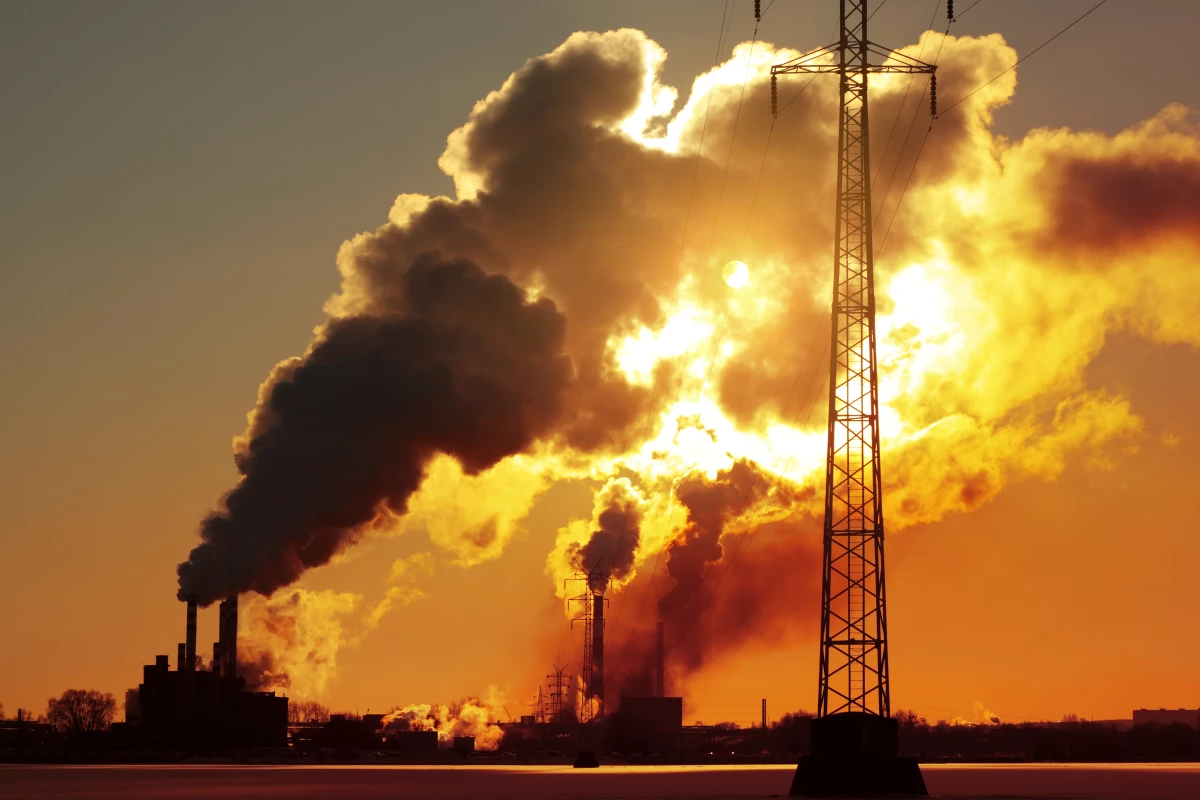We may have just turned the page on a whole new decade, but it's the same old story so far as the warming climate is concerned. New analysis from the National Oceanic and Atmospheric Administration (NOAA) has revealed January 2020 to be the hottest in 141 years of record-keeping, with the four warmest Januaries on record all occurring since 2016.
This exceedingly warm January follows an exceedingly warm 2019, which analysis from all of NOAA, NASA and the World Meteorological Organization determined to be the second warmest year on record. That same analysis confirmed the last decade to be the hottest decade on record, and as we enter a new chapter it appears we're headed for more of the same.
Previously, January of 2016 was the warmest on record, but the latest analysis from NOAA confirms January of 2020 topped this by 0.04 of a degree F (0.02 of a degree C). Across the globe's land and ocean surfaces, temperatures in January were 2.05° F (1.14° C) above the 20th-century average. This makes it the 44th consecutive January that was above the 20th-century average, and the 421st consecutive month with temperatures higher than the 20th-century average overall.
Notably, the January temperatures mark the largest ever departure from average without the presence of an El Niño in the Pacific Ocean, in which warmer waters can drive up global air temperatures.
Also contained in NOAA's January report were some new insights into sea ice coverage at the poles. Arctic sea ice, which continues to decline at alarming rates, was 5.3 percent below the 1981-2010 average. Coverage of Antarctic sea ice, meanwhile, was 9.8 percent below the January average.
Source: NOAA




